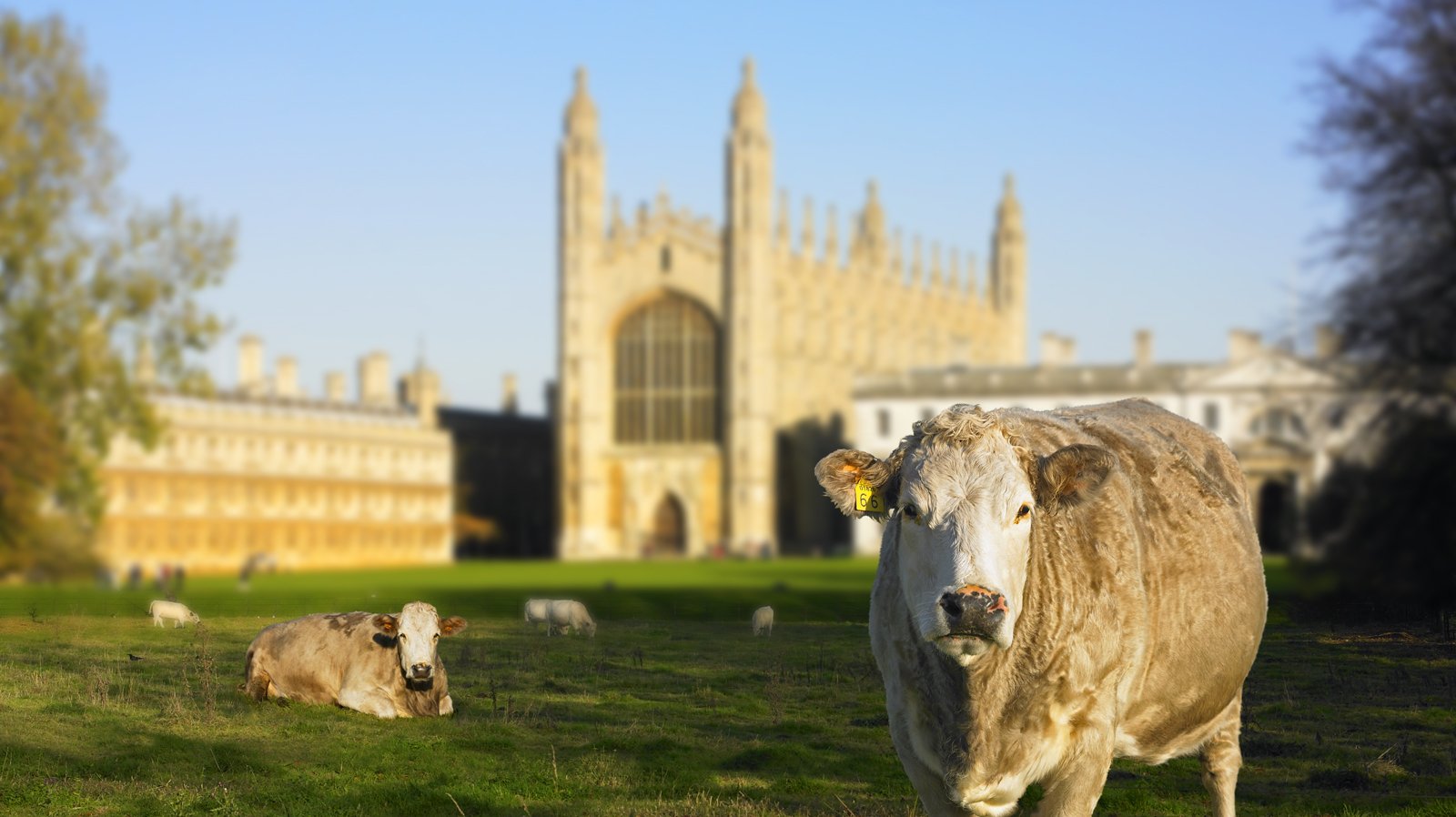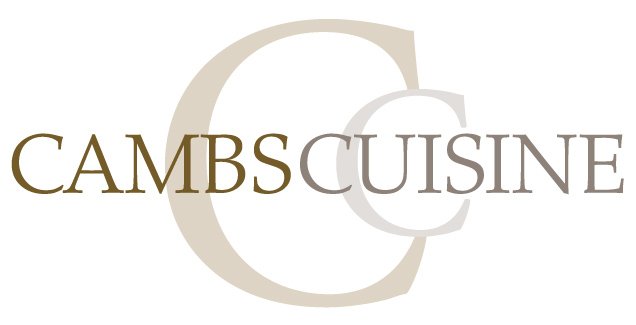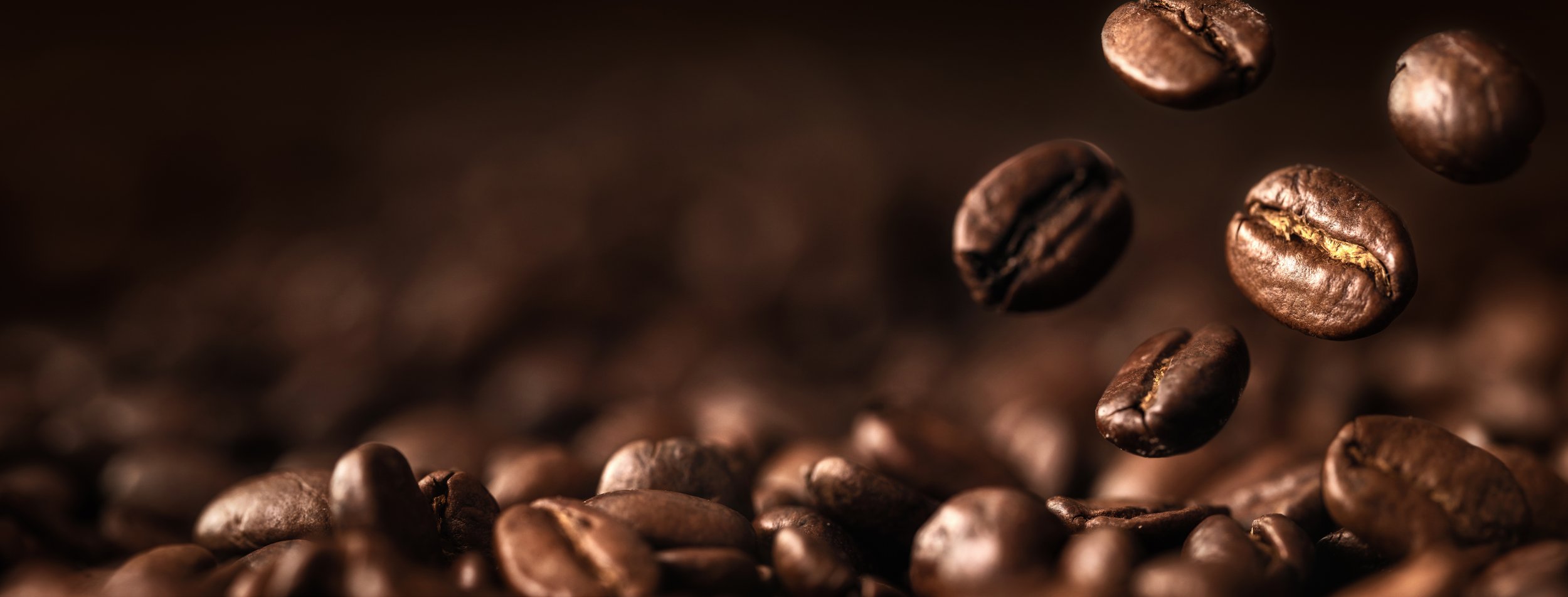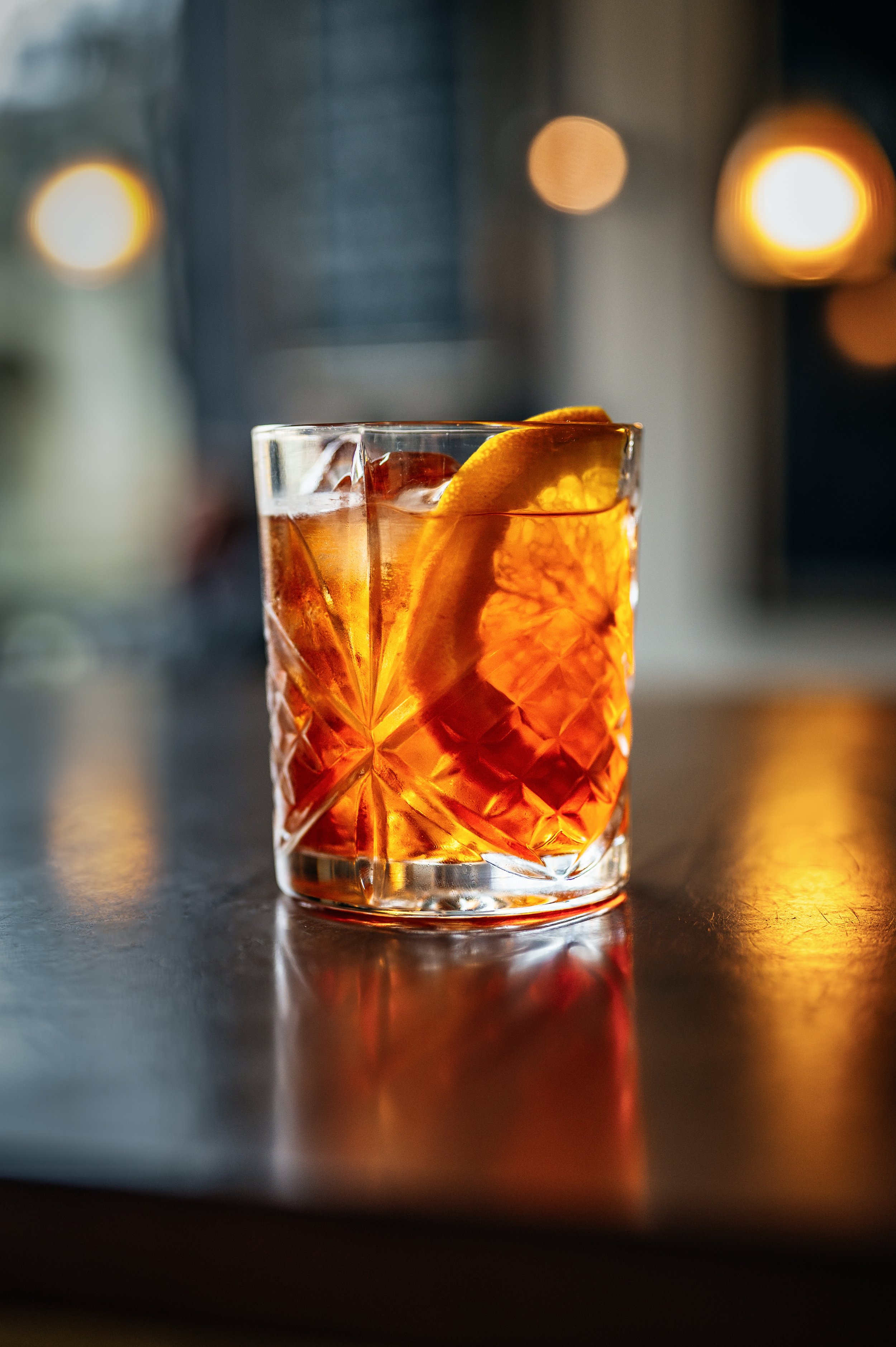
Our Commitment to Sustainability
LATEST NEWS: CAMBRIDGE CHOP HOUSE AND MILLWORKS RECEIVE SUSTAINABILITY AWARDS
Local food businesses celebrate sustainable food awards: Cambridge Sustainable Food CIC (CSF) is delighted to announce the latest winners of its Sustainable Food Business Awards scheme. Recognising action being taken by local food businesses and organisations to tackle the climate and nature emergencies, and support social change, the awards scheme celebrates and promotes the huge variety of local food businesses who are helping to build a more sustainable city. MillWorks and The Cambridge Chop House are the latest to receive a Sourcing Award as part of the scheme, supported by Cambridge City Council’s Sustainable City programme.
Pub & Restaurants have so many moving parts. Many of these moving parts require plenty of energy. We are always looking to be as mindful of our carbon foot print and we do our level best to ensure that we are being efficient, diligent and that we use suppliers that share our values…this is ‘no-nonsense’ and real.
As a Cambridgeshire centric business we can do a huge amount to reduce our footprint compared to many in our sector. Our eight sites are close, we use local suppliers and we are fully integrated into the local economy and community.
A Green Cambscuisine
Future plans include:
Electric Car charging points at Country sites.
Senior management team (4) all to have company funded electric cars.
100% Fruit and Veg from East Anglia. This is the plan. We are working hard to to try and deliver by by 2025.
At present 70%.



Sustainable Fish
At Cambscuisine we have made a commitment to only serving sustainable fish on our menus. We have carefully chosen our supplier, Marrfish, based on their commitment to sustainable fishery.
All our restaurants only serve fish rated 1-3 in the Marine Conservation Society’s ‘Good Fish Guide.’
Bio-bean
As a restaurant group we serve a lot of coffee, and we drink our fair share of it too! We’re delighted to have found Bio-bean, an award-winning clean energy company who collect all our waste coffee grounds and turn them into bio fuels such as coffee logs, biomass pellets, biodiesel and biochemicals.
These second-generation fuels don’t take up any land or contribute emissions associated with land-use change. Instead, they’re made of a waste destined for landfill – so it’s a double saving, environmentally speaking. Furthermore they produce 60% less CO2 than sending the waste to landfill and they’re made locally at Bio-bean’s factory in St Ives.
Plastic Straws
We have implemented a straw policy to reduce the amount of single-use straws used in our restaurants:
We only give a straw when the drink really needs one (or when requested by the customer). We no longer use single-use plastic stirrers. We use predominantly paper straws instead of plastic. These go into our food waste bins and are mulched down into fertiliser/compost.
Whilst looking at plastic straws we were also able to make some small tweaks to our other non-consumables to reduce consumption or increase recycling. This is something we continue to look at and welcome your feedback and suggestions.








